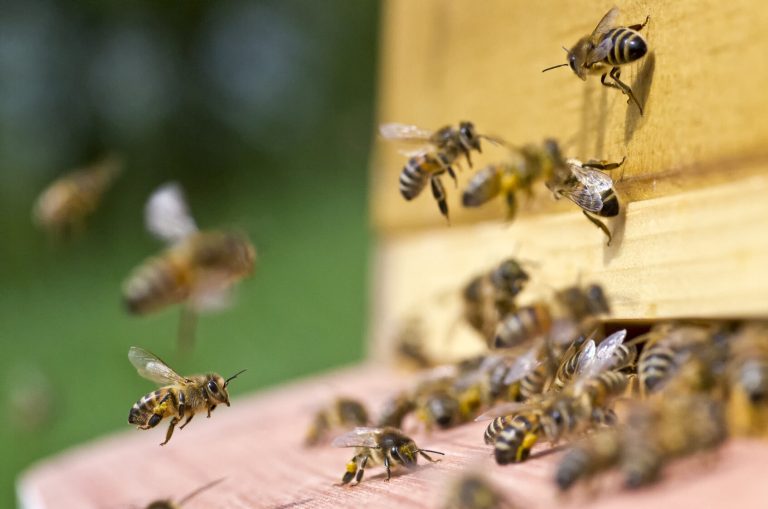New markings on products this year? They are to prevent food waste

Later this year, the European Commission’s proposed changes to the regulations on date marking on food products are to enter into force. New phrases are to appear, the aim of which is to encourage consumers not to waste food.
As we reported in mid-March, the European Commission proposed to change the rules on date marking on food products. One of the proposed solutions is to add new phrases – next to “best before”, there would also be “often good longer” or “often after”. Brussels wants to prevent food waste in this way.
Wasting food by misunderstood labels
According to EU research, up to 10% of of the 88 million tonnes of food waste generated annually in the European Union is linked to date stamping and misconception by consumers. Many of them – as pointed out by Brussels – do not pay attention to the difference between “best before” and “use by”. As a result, many products end up in the bin, although some could still be eaten.
The European Commission’s proposal is awaiting consideration by the European Parliament. According to “Rzeczpospolita”, the changes are to come into force later this year.
The newspaper points out that the current designation system is actually known to specialists. In the “best before” there is a date until which the product will retain its properties and will not spoil. This applies to products such as pasta, groats, rice, coffee, tea, cheese, or canned products. After the date, the product does not have to be spoiled and it will be edible, but hardly anyone knows about it. And it is in the case of these products that changes are being prepared.
In the case of “use by”, the date by which the product stored in appropriate conditions will retain its properties and durability is specified. After the expiry date, the product is considered unsafe and should not be consumed. This applies to e.g. dairy products, meats, fresh fish, unpasteurized juices, salads.
We waste almost 5 million tons of food a year
It is estimated that in Poland we waste 4.8 million tons of food a year, which means that the average Kowalski throws away 153 kg of food during this time.






